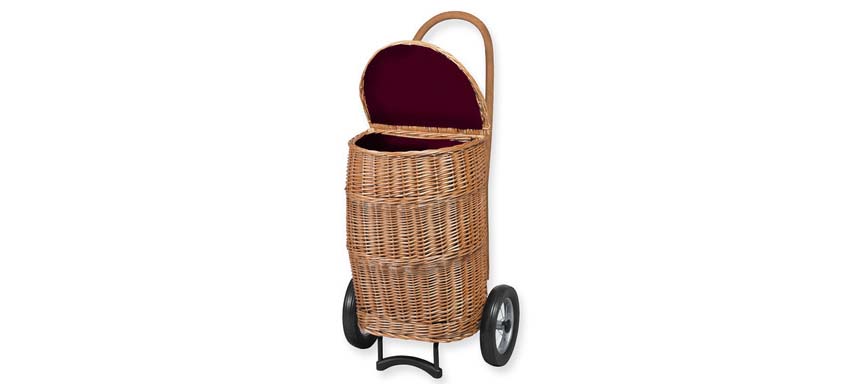
December 30, 2013, by Helen Whitehead
Countdown #30: top tips for a sustainable lifestyle
I asked on Twitter: what tip would you give someone just starting to make their lifestyle more sustainable?
@ginnyfranklin started us off with a transport tip: how about: reduce your car use
@TomFranklin chipped in: get and use a bicycle – walk or cycle to the shops, then extra trips don’t matter – I use two large panniers. Can get a small trolley’s worth in
Continuing with the theme of shopping, @gillferrell suggested: Plan your weekly menu to save money & avoid food waste & unnecessary trips to shop [and] avoid products in excess packaging
@woolgathered suggested: Step 1: Learn to distinguish between wants and needs. Buy/use what you need.
@lizcable said: I’m trying eco-cleaning products, and replacing physical products with digital where I can.
@gillferrell advised: Share infrequently used appliances with neighbours: not everybody needs to own a hedge trimmer
@TomFranklin recommended: only heat the rooms you are using, not the whole house, turn the heating down and wear a jumper
@zzseg took us further than these simple tips with the suggestion: to make everyone’s lifestyle more sustainable only have 1 child. Apart from killing girls perhaps China was right.
Many thanks to everyone who replied, and also to all those who have made thoughtful comments on this blog.
Tweet your own suggestions on the hashtag #FLsustain and from January 6th we’ll be discussing approaches to sustainability in the course Sustainability, Society and You itself on FutureLearn.

My top tip for living a sustainable lifestyle is to connect sustainability with your health and your happiness – this is something that our academic contributors do in the Sustainability, Society and You MOOC. From their different disciplines, they all try to show that sustainability is not about doing without the things we want, but about living better, fairer, healthier, happier – if it is good for the planet, it is good for us too. My personal passion is vegetable growing – good for me, my family (and neighbours!) and for the environment (I grow organically, produce my own compost and use all sorts of odd things as plant pots).
I’d agree in that growing your own food is a very good place to start (if you’ve the time). Alternatively, if you don’t have the time then sourcing as much of your food within a few mile from your doorstep is the next best thing. By doing this, you’re supporting local businesses, reducing carbon emissions, and you know your food is fresh and most likely where it’s come from – so as you say, Sarah, it’s better for me and better for everyone else!
We try to grow some of our own produce, unfortunately we are not very successful. If the dogs don’t dig it up, the slugs tend to get them. What we manage to do is keep bees. We have a number of hives across 4 villages. We barter some of the honey for fresh veg with some of our neighbors. Despite some heavy winter losses, we have managed a successful breeding program over the last few years and managed to replace lost colonies. By keeping the bee numbers up we are also helping the local flora.
If you don’t have the time or space to grow your own food, there are a growing number of organic box schemes around. I get all my veg from http://www.localgreens.org.uk, a local, not for profit scheme which sources organic produce from farms close to south London, the nearest only 11 miles away. There is no choice, we get whatever is in season, delivered with the minimum of packaging to collection points from where we pick it up.The farmers get a steady market and a fair price. So even if you can’t grow your own, you can still live a more sustainable lifestyle by supporting, or even starting up a similar local scheme.
I live in Rome and not many people have gardens to grow vegetables. Most people live in apartments like me. I buy fruit and vegetables in a local market near my place and try to avoid fruit and vegetables which are not grown during the season (for instance, now it’s the time of oranges, mandarines and not strawberries). I also avoid buying packaged fruit/vegetables in supermarkets. By doing so, we help local farmers and contribute to reduce carbon emissions. Apart from our own actions, we should encourage companies to produce and sell products which contribute to sustainability (less paper, plastic, etc).
I agree with all the above. If you only have a small area or limited time for gardening, I’d advise growing soft fruit. I find strawberries, blackcurrants, redcurrants and gooseberries require fairly little attention and all these fruit tend to be expensive to buy. I avoid buying anything out of season and, especially, produce from countries with water shortages. Shocking how much water it takes to grow beans, peas etc in Kenya, for example, when it doesn’t have enough clean water for its own population.